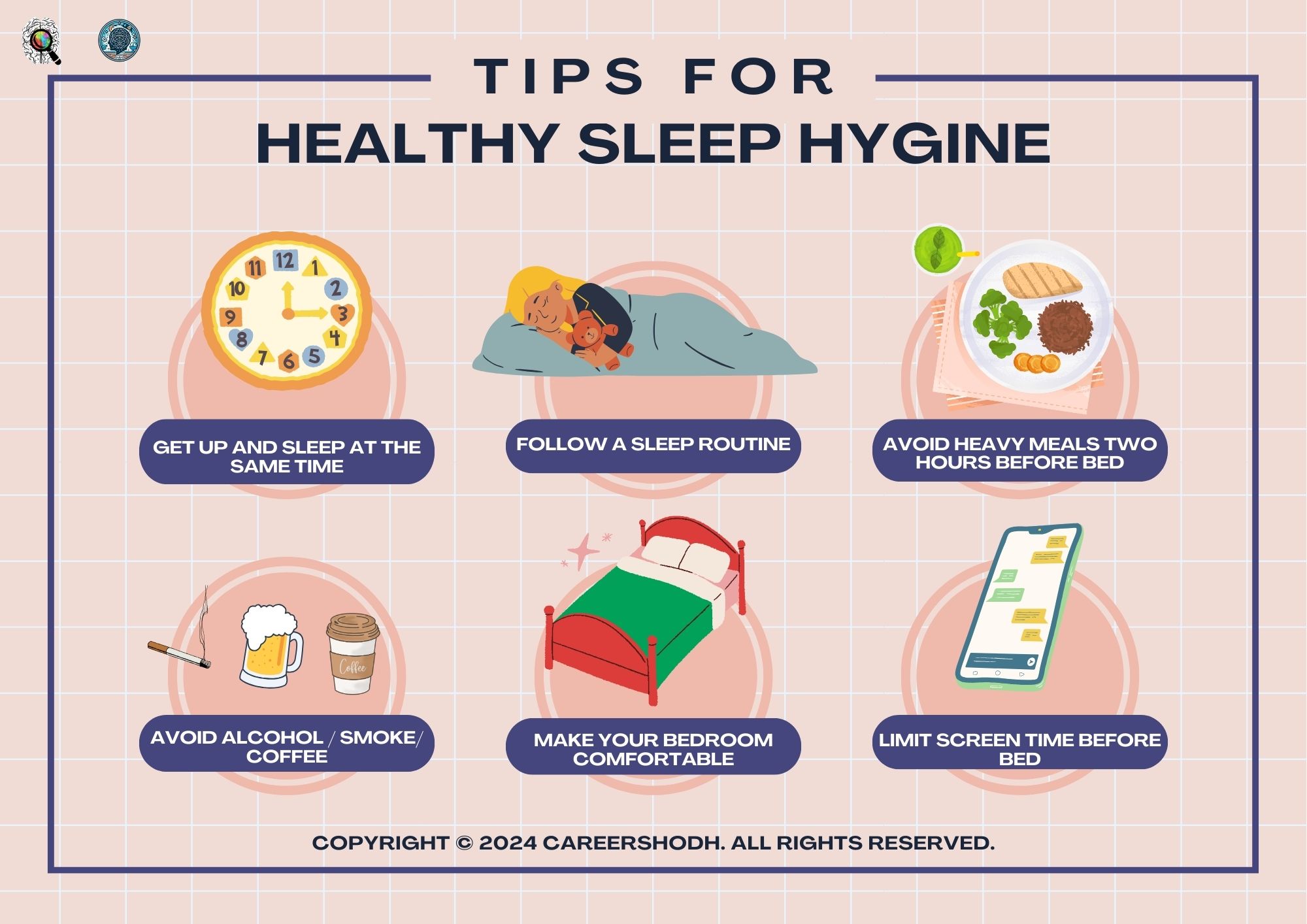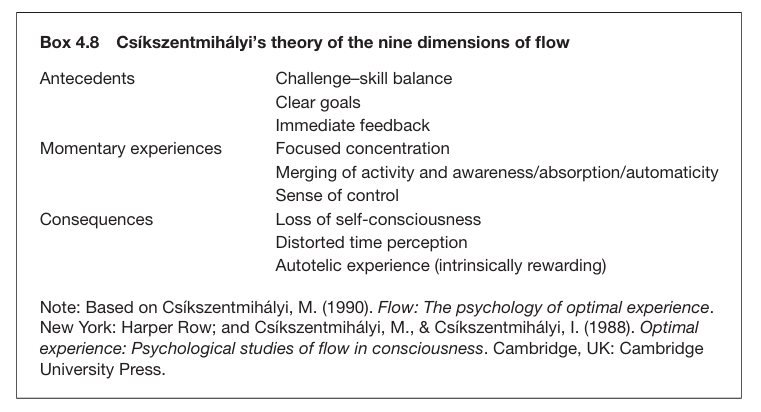Combating Brain Rot
In 2024, “brain rot” was named Oxford’s Word of the Year, reflecting a growing global concern about how modern lifestyles—marked by endless scrolling, binge-watching, and multitasking—are impacting our mental well-being. The term may sound like a meme, but it highlights a very real psychological challenge.
Brain rot symbolizes a state of cognitive overload, mental fatigue, and diminished focus—a condition that has become increasingly common in our hyperconnected world. If left unaddressed, it can erode creativity, productivity, and even long-term mental health. So, how do we fight back?

Read More- Mental Health
1. Cognitive Overload Phenomenon
At its core, brain rot stems from cognitive overload, which occurs when the brain is overwhelmed by excessive information, reducing its ability to focus and process effectively (Sweller, 1988). The problem is exacerbated by the digital age, where constant notifications and multitasking divide our attention and drain our mental energy.
How Do I Maintain Cognitive Hygiene?
1.Chunk Information- Research shows that our brains can only hold about 7±2 pieces of information at once (Miller, 1956). Organizing tasks into smaller, digestible chunks helps improve memory and focus.
2.Mindfulness Training- Mindfulness teaches selective attention—focusing on one task at a time—which reduces overstimulation and enhances working memory.
2. Dopamine Detox
Brain rot is deeply connected to dopamine overload, where the brain’s reward system becomes desensitized from constant stimulation. Social media, in particular, trains our brains to crave instant gratification, making slower, more effortful tasks feel unrewarding (Volkow et al., 2019).
How Do I Engage in Dopamine Regulation?
1.Take Screen-Free Days- Even one day a week without screens can reset dopamine levels, helping you re-engage with offline activities.
2.Reclaim Boredom- Boredom encourages creativity and problem-solving. Allow yourself to sit with it instead of reaching for your phone.
3.Shift to Effortful Rewards- Activities like painting, playing an instrument, or gardening engage the brain more deeply, providing sustained dopamine rewards.

3. Physical Movement and Brain Health
Exercise is often underestimated in its ability to counteract brain rot. Physical activity promotes neurogenesis (the growth of new brain cells) and boosts brain-derived neurotrophic factor (BDNF), a protein critical for learning and memory (Cotman et al., 2007).
How Do I Make Movement My Medicine?
1.High-Intensity Interval Training (HIIT)- Studies suggest HIIT improves memory and focus more effectively than moderate exercise (Chang et al., 2012).
2.Dance for Cognition- Dancing not only improves fitness but also requires memory and coordination, providing a double mental boost.
3.Outdoor Activities- Exercising in natural settings has added benefits, including reduced stress and enhanced cognitive function.
4. Sleep
Lack of sleep is a major contributor to brain rot. During deep sleep, the glymphatic system clears out metabolic waste products from the brain, including beta-amyloid, which is linked to cognitive decline (Xie et al., 2013).
How Do I Prioritize Restorative Sleep
1.Establish a Routine- Going to bed and waking up at the same time daily helps regulate the body’s natural sleep-wake cycle.
2.Optimize the Environment- Dark, quiet rooms and a cool temperature are essential for quality sleep. Use blackout curtains and white noise machines if necessary.
3.Wind Down with Intention- A consistent pre-sleep routine, such as reading or meditating, signals your brain it’s time to rest.

5. The Power of Flow States
One antidote to brain rot is achieving flow states, a concept popularized by psychologist Mihaly Csikszentmihalyi. Flow occurs when you’re fully immersed in an activity that’s both challenging and enjoyable, leading to deep focus and intrinsic motivation.
How Do I Foster Flow?
1.Eliminate Distractions- Silence notifications (throw that mobile away) and dedicate specific blocks of time to uninterrupted work.
2.Find Your Sweet Spot- Balance the difficulty of tasks with your skill level to keep yourself engaged without becoming overwhelmed.
3.Engage in Creative Hobbies- Painting, writing, or playing music are excellent ways to induce flow and counteract mental fatigue.

6. Social Connection and Cognitive Resilience
Despite living in a hyperconnected era, many people report feeling lonelier than ever—a paradox that worsens brain rot. Social connections are vital for cognitive health, as meaningful relationships improve emotional regulation and problem-solving skills (Holt-Lunstad et al., 2010).
How Do I Cultivate Connection?
1.Seek Quality Over Quantity- A deep conversation with one close friend can be more restorative than a group chat with acquaintances.
2.Join Groups with Purpose- Activities like book clubs or volunteering provide a sense of belonging while stimulating your brain.
3.Practice Active Listening- Truly engaging in a conversation improves empathy and strengthens neural connections.
7. Mindfulness and Mental Flexibility
Mindfulness reduces stress and enhances the function of the prefrontal cortex, which governs decision-making, attention, and self-regulation. By improving mental flexibility, mindfulness also helps combat the rigidity associated with brain rot (Tang et al., 2015).
How Do I Practice Mindfulness?
1.Start Small- Begin with just two minutes of mindful breathing daily and gradually increase.
2.Use Guided Practices- Apps like Calm or Insight Timer offer accessible ways to build mindfulness habits.
3.Combine Mindfulness with Movement- Practices like yoga or tai chi integrate physical activity with mental awareness.

Read More- Mindfulness
8. Build a Growth Mindset
A growth mindset, as described by psychologist Carol Dweck, fosters resilience by reframing challenges as opportunities for improvement. This mindset directly counters the helplessness and frustration that exacerbate brain rot (Dweck, 2006).
How Do I Embrace Growth?
Reframe Failures- View setbacks as part of the learning process, not as evidence of inadequacy.
Focus on Progress- Track small achievements to stay motivated and combat feelings of stagnation.
Learn New Skills- Acquiring new abilities builds confidence and strengthens neural connections.
Brain Rot as the Word of the Year Is Concerning
Oxford’s selection of “brain rot” as the 2024 Word of the Year isn’t just a reflection of internet culture—it’s a warning sign. The term underscores how deeply digital habits have infiltrated our lives, compromising mental clarity and emotional well-being. While technology itself isn’t the enemy, our relationship with it needs recalibration. Brain rot isn’t inevitable, but overcoming it requires conscious effort, psychological insight, and a willingness to prioritize mental health.
References
1 .Sweller, J. (1988). Cognitive load during problem solving: Effects on learning. Cognitive Science, 12(2), 257–285.
2. Volkow, N. D., et al. (2019). The dopamine system in addictive behaviors: Current understanding and future perspectives. Nature Reviews Neuroscience, 20(1), 150–166.
3. Cotman, C. W., Berchtold, N. C., & Christie, L. A. (2007). Exercise builds brain health: Key roles of growth factor cascades and inflammation. Trends in Neurosciences, 30(9), 464–472.
4. Xie, L., et al. (2013). Sleep drives metabolite clearance from the adult brain. Science, 342(6156), 373–377.
5. Holt-Lunstad, J., et al. (2010). Social relationships and mortality risk: A meta-analytic review. PLoS Medicine, 7(7), e1000316.
6. Tang, Y. Y., Hölzel, B. K., & Posner, M. I. (2015). The neuroscience of mindfulness meditation. Nature Reviews Neuroscience, 16(4), 213–225.
7. Dweck, C. S. (2006). Mindset: The New Psychology of Success. Ballantine Books.
Subscribe to PsychUniverse
Get the latest updates and insights.
Join 3,044 other subscribers!
Niwlikar, B. A. (2024, December 9). What is Brain Rot? 8 Easy Ways to Overcome It. PsychUniverse. https://psychuniverse.com/brain-rot/




Pingback: 5 Easy Ways to Embrace The Joy of Missing Out (JOMO) - PsychUniverse
Pingback: Discover What is Toxic Positivity and 5 Insightful Ways to Make it Healthy Again - PsychUniverse
Pingback: Psychology and Technology Going Hand in Hand - PsychUniverse
Pingback: 7 Ways to Avoid Brain Rot - PsychUniverse
Pingback: Trend Fatigue and Its 4 Psychological Effects - PsychUniverse
Pingback: Therapy Memes: 4 Important Risks They Pose and 4 Ways to Strike a Balance - PsychUniverse
Pingback: What is Doomerism and 3 Ways to Break Its Control - PsychUniverse
Pingback: Del 'scrolleo' al 'brain rot': cómo las redes sociales afectan tu mente - Entre Saberes ITESO
Pingback: Reduce Technology Useage Using These 7 Important Tips - PsychUniverse
Pingback: Magic of Magnetic Middle and 3 Insightful Ways to Strike a Balance - PsychUniverse
Pingback: Why Appearance Matter and 6 Ways To Use It To Your Advantage - PsychUniverse
Pingback: 7 Popular Brain Games That Could (or Couldn’t) Boost Your Brainpower - PsychUniverse
Pingback: 3 Honest Truths About How Screens Shape Your Child’s Brain - PsychUniverse
Pingback: 7 Shocking Ways Your Phone Is Rewiring Your Brain (And What to Do About It) - PsychUniverse
Pingback: Brain Rot – Girişimci Psikologlar Derneği